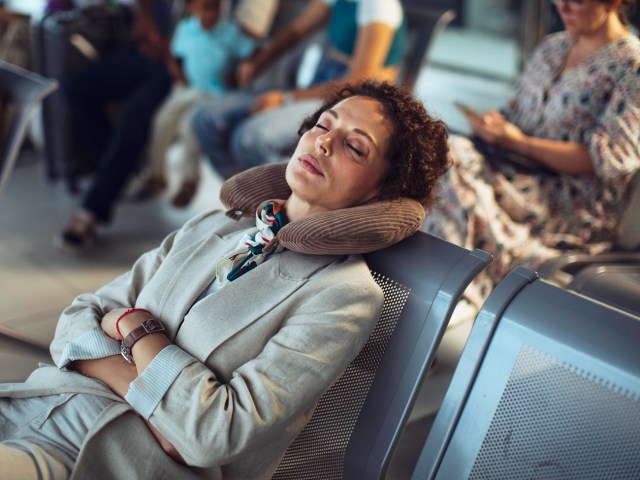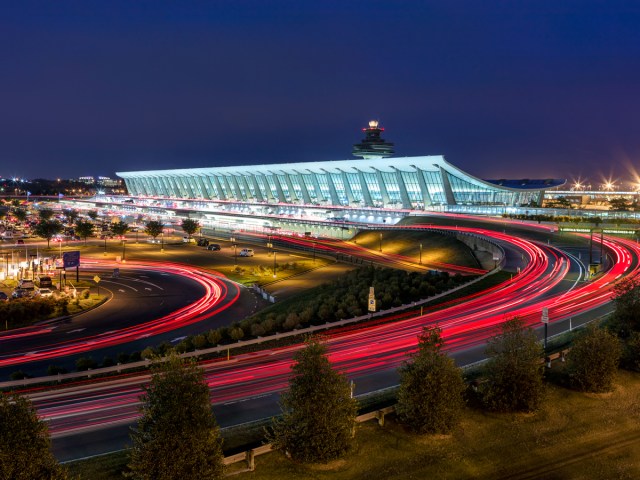When flying across time zones, jet lag is pretty much unavoidable — it’s a problem that plagues even the most experienced travelers. If you’ve ever vacationed in a far-away foreign country, you’ll know how hard it is to fight the urge to fall asleep during waking hours and actually enjoy those first few days of vacation. But the good news is there are ways to fight jet lag and get your body feeling back to normal more quickly. Here are four essential tips to beating jet lag on your next trip.
Understand What Causes Jet Lag

Have you ever noticed how your pets seem to know exactly when it’s time to eat or go to bed even though they can’t read a clock? Your body has the same abilities, and it gets more than a little confused when flying halfway around the world and tinkering with its ability to govern itself.
In essence, jet lag is your body’s confusion about what time of day it actually is. Skipping over time zones disrupts your circadian rhythm, which in turn leads to feelings of grogginess, exhaustion, and even anxiety.
Jet lag is considered a temporary sleep disorder and isn’t a serious condition, but it can be seriously inconvenient or uncomfortable especially while traveling. The human body isn’t built to travel such long distances so quickly, so it needs time to make the proper adjustments. There are, however, a few things you can do to help speed the body along.
Start Adjusting Ahead of Time

It might seem obvious, but the most important tool in fighting jet lag is resisting the urge to go to bed at an irregular time after landing in a new location. Sure, your body might be telling you that 6 p.m. local time sounds like a great bedtime, but if you give in and go to sleep, you’ll have an even more difficult time adjusting the next day. Try to ignore the urge and keep yourself awake until a normal bedtime. If you can’t fight the need for a nap, set a timer to make sure it’s only 45 minutes at most.
Some experts even recommend preparing your body for the change in time zones by slowly shifting your schedule in the days before departure. This could mean going to bed earlier or taking doses of melatonin at what will be your new bedtime. There are several useful websites and apps, such as Jet Lag Rooster and Timeshifter that can help you plan out the new schedule.
The general rule of thumb is that for each time zone you skip, your body will take one day to adjust. So, if you travel through eight time zones, you should expect an eight-day recovery time. This can, of course, change based on factors such as your age, previous sleeping patterns (and tendency towards insomnia), and how effectively you take measures to combat jet lag. It’s also generally said that traveling east is more taxing on your body than traveling west.
Hydrate, Hydrate, Hydrate — and Keep the Blood Flowing

It should come as no surprise that airplane travel is a dehydrating experience, but did you know that dehydration affects more than just your thirst level and skin appearance? Dehydration can increase the effects of jet lag since the high altitude of the pressurized cabin lowers oxygen levels in the blood. This makes it even more difficult for your circadian rhythm to make the adjustment. Staying hydrated keeps the blood flowing at an even pace and smooths out the transition.
Exercising is also great for kick-starting your system into adjusting to the new morning schedule. If you wake up incredibly groggy from jet lag, doing some light movements to get your blood moving will help remind your body that daytime has arrived. On the flip side, try to avoid working out at night if you find that you naturally have more energy. It could lead to feeling even more awake and increased difficulty falling asleep.
Embrace Natural Light

Part of the way that our body knows to wake up in the morning or feel tired at night is due to the presence of sunlight. Upon arriving in your new destination, keep those blackout curtains pulled wide open during the day to give your body a reminder of daytime that’s impossible to ignore. It’s also a good idea to invest in a quality eye mask for the flight that can create a nighttime environment even if you’re flying through sunny skies.
Conversely, if natural light wakes you up in the morning, then you should avoid light at night, especially blue light. Avoiding the blue light of a phone or computer screen in the evening can be particularly helpful when it comes to fighting jet lag. Wearing blue light glasses or avoiding the use of technology near bedtime is helpful when trying to lull your body to sleep. Leave your friends in other time zones behind for a while and let your mind relax in your new location.
Note: All featured products and deals are selected independently and objectively by the author. Daily Passport may receive a share of sales via affiliate links in content.





















